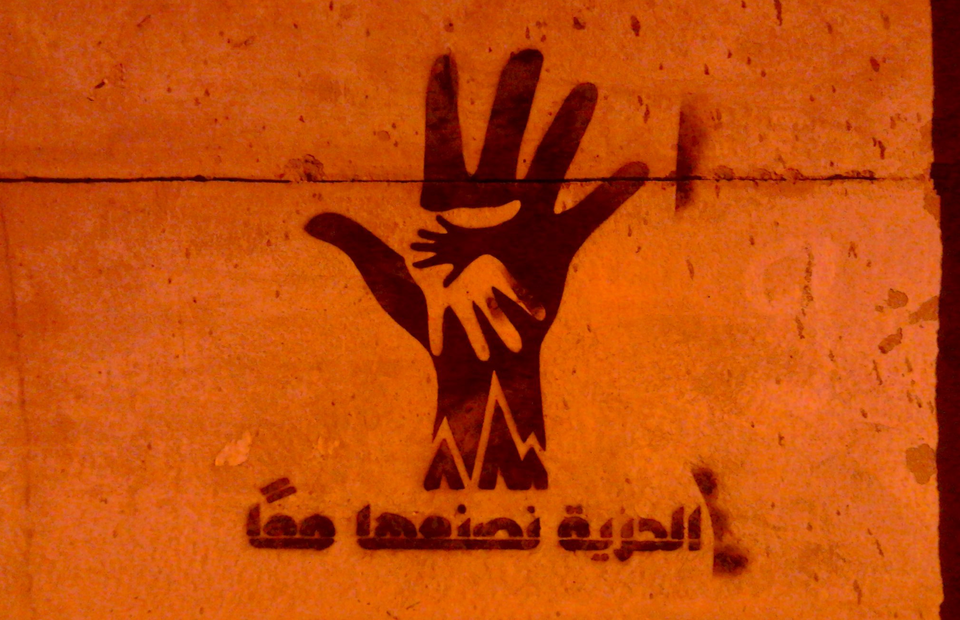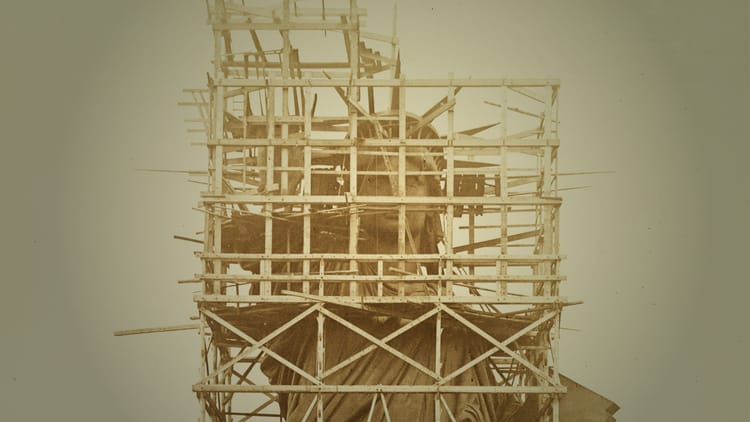The fall

As the attempt to build democracy in Afghanistan has crumbled, the case of Tunisia, 3,300 miles to the west in North Africa, has been an encouraging counterpoint. But the transition to democracy there is now facing its biggest challenge yet. After the Arab Spring revolutions of 2010-11, Tunisia emerged as the only representative democracy in the Arab world. As a military coup in Egypt in 2013 restored autocratic rule, and Yemen and Libya fell into ongoing civil wars, Tunisian civil-society groups won the 2015 Nobel Peace Prize for leading the negotiations that produced a democratic constitution and free, fair elections.
That political system was upended on July 25, however, when President Kais Saied fired the prime minister, suspended Parliament, imposed a nationwide curfew, and declared a state of emergency for 30 days—and then, on Aug. 23, extended it indefinitely. Saied says that he’s responding to protests demanding the government resign for its failures to manage the pandemic, lower a persistently high unemployment rate, and address endemic corruption. Many Tunisians have welcomed Saied’s moves to dismiss a thoroughly unpopular government, but his critics say that he’s a populist demagogue undertaking a coup against the democratic system. Is the Arab Spring’s lone success story collapsing?
Michele Dunne is the director of the Middle East Program at the Carnegie Endowment for International Peace and was a Middle East specialist at the U.S. State Department from 1986 until 2003. Dunne says Saied’s seizure of power could mean the end of the democratic transition in Tunisia, as well as of the political freedoms and civil rights that revolutionaries of the Arab Spring fought for. Tunisia’s struggles to create a democracy reflect the problems that scuttled the other Arab Spring transitions: Regional powers like Saudi Arabia and the U.A.E. acted fast to undermine democratization, while the United States and other established democracies gave little help. As Dunne sees it, Tunisia and other Arab states, along with Afghanistan, offer important lessons for the United States and its allies in how to promote the spread of democracy in the world …
Michael Bluhm: Do you think Tunisian democracy is in danger?
Michele Dunne: We don’t know whether the steps that President Saied took have ended the democratic transition in Tunisia. Tunisia has been through other major challenges to its transition, and each time Tunisians have backed away and kept the democratic transition going. That’s still possible.





